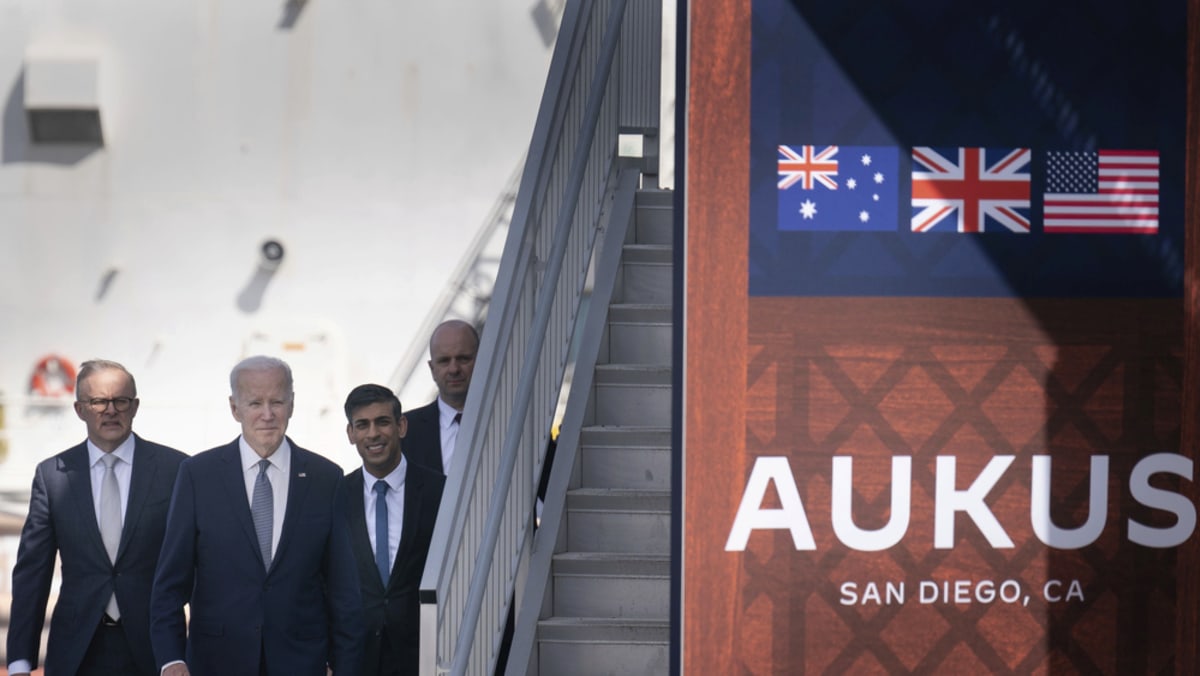
For the designers of AUKUS, the purpose of the pact is not to wage a war but to prevent one. It is justified as a classic act of deterrence, intended to dissuade China from deploying its military muscle against Taiwan or in the South China Sea.
They believe that the West’s failure to respond forcefully earlier encouraged China to keep pushing. As one senior Australian official puts it: “Weakness is provocative.”
Arthur Sinodinos, Australia’s ambassador to Washington, has described AUKUS as a “moonshot”. Like the original moonshot, it requires an act of faith that – with sufficient determination and national will – technological and economic problems can be overcome.
OLD ALLIES PREPARING FOR ANOTHER GLOBAL CONFLICT
As tensions rise with China and Russia, all three AUKUS countries see a merit in tightening what is already a very close security and intelligence relationship. The Americans see China as the biggest geopolitical and security challenge they face – and understand that they need allies to counter Chinese power.
In Washington, AUKUS is seen as a demonstration of US determination not to back away from the Indo-Pacific. One senior official even defends the way France was treated as a useful demonstration of American “ruthlessness”.
Australians know that, throughout their nation’s history, a friendly power – first Britain, then America – has ensured the openness of the oceans to their north. The idea that one day these oceans might be dominated by an authoritarian China deeply unsettles Canberra, particularly given the recent sharp deterioration in Sino-Australian relations.
Binding the Americans into a tighter security relationship is seen as an important guarantee for the future.
